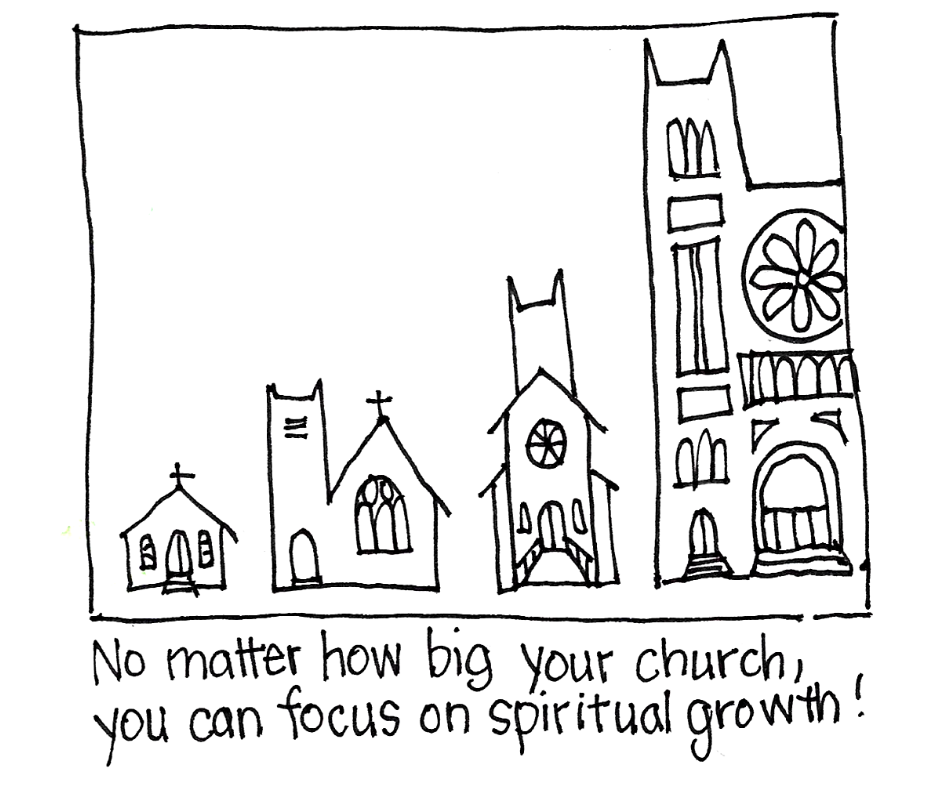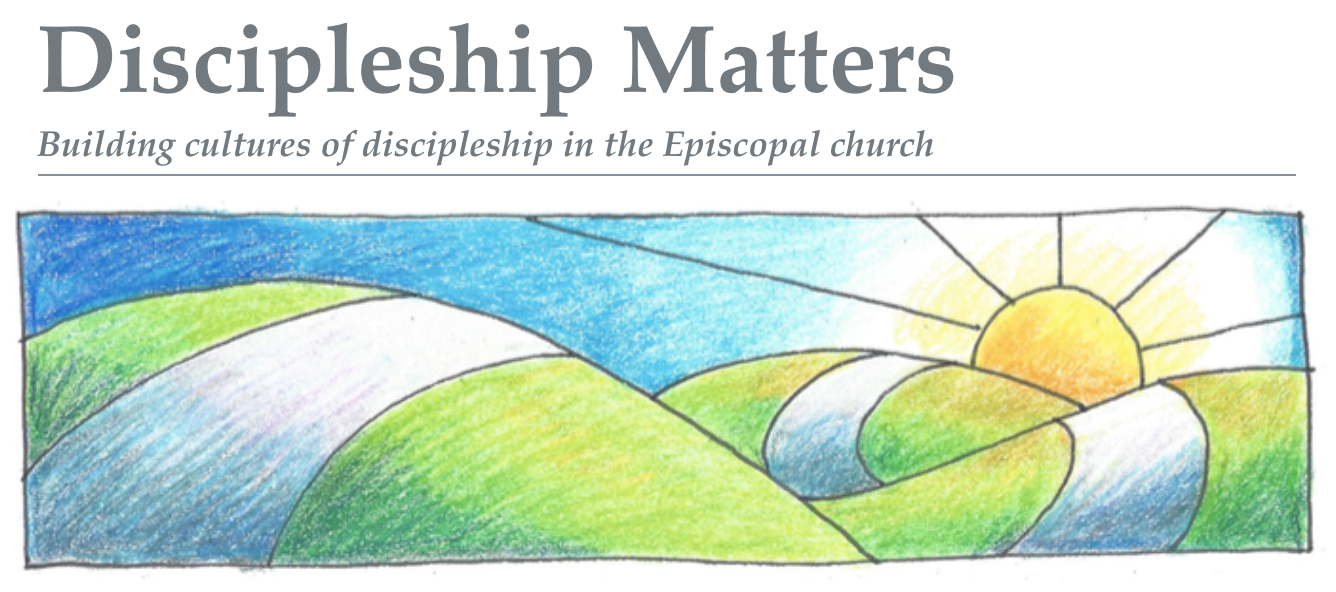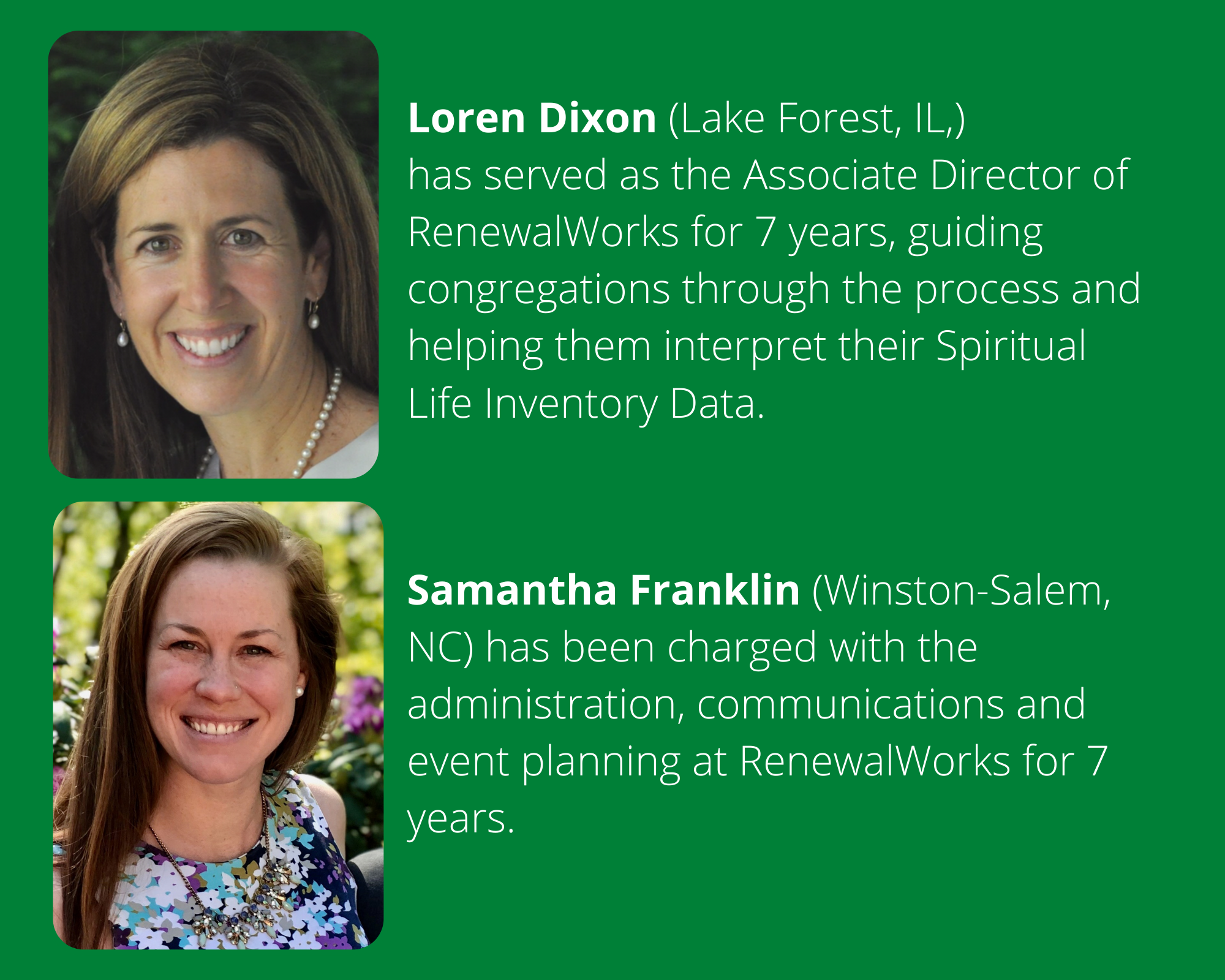
|
Psalm 19 1 The heavens declare the glory of God, 2 One day tells its tale to another, 3 Although they have no words or language, 4 Their sound has gone out into all lands, 5 In the deep has he set a pavilion for the sun; 6 It goes forth from the uttermost edge of the heavens 7 The law of the Lord is perfect and revives the soul; 8 The statutes of the Lord are just and rejoice the heart; 9 The fear of the Lord is clean and endures for ever; 10 More to be desired are they than gold, more than much fine gold, 11 By them also is your servant enlightened, 12 Who can tell how often he offends? 13 Above all, keep your servant from presumptuous sins; 14 Let the words of my mouth and the meditation of my heart |
Presumptuous sins
As I read this familiar psalm again this week (see above), I got stuck on what the psalmist meant by presumptuous sins. As I started thinking about it, the following questions occurred to me:
By presumptuous sins, does the psalmist mean presuming that God owes me something, that the blessings of life are anything but gift? Is it about presuming that I know better than God how to run the universe? Presuming that I am in a position to judge somebody else? Presuming that other people exist for my convenience? Presuming that I have any clue what is going to happen in days ahead, maybe even in the next fifteen minutes? Presuming that my value is tied to my financial assets, my resume, my social connections? Presuming that the ways I have hurt other people or let them down are not really that big a deal? Presuming that the ways others have hurt me are too grand to merit forgiveness? The list goes on. Presumptuous sins: It’s actually a pretty broad description of ways we go off the rails.
How are we to be preserved from presumptuous sins? It is interesting to me that this confessional portion of the psalm follows two sections with distinct themes. On first reading, they may seem disconnected, as if there are three different psalms smashed together. But I think there’s a thread.
First, in verses 1-6, the psalmist notes that all of creation witnesses to God’s transcendence, the heavens declaring the glory of God, with a message that goes out to all the lands. Consideration of that witness, a glimmer of the majesty of the Holy One, singing “How Great Thou Art”, may well lay the foundation for deliverance from presumptuous sins. Maybe presumptuous sins are countered in God’s question to Job near the end of the book, a passage offered in the daily lectionary last Saturday. God asks Job: “Where were you when I laid the foundations of the earth.”
Second, moving to another theme in verses 7-11, the psalmist notes that the law of the Lord is perfect, reviving the soul. Those laws are to be valued, more desired than gold, sweeter than honey, bringing enlightenment. I believe those laws may be best described not as God telling us: Do this or else. Rather we look to Jesus who in the tradition of the Hebrew Scriptures says that the law is summed up in love, love of God, love of neighbor, love of self. Divine teaching, God’s law, the commandments, God’s statutes are there to keep us on track. It strikes me that they bear the possibility of warding off presumptuous sins.
All of which is to say that we do so with God’s help. That’s why this verse with reference to presumptuous sins is followed by the prayer that concludes the psalm: Let words of mouth and the meditations of my heart be acceptable in your sight, O Lord, our strength and our redeemer. It’s a prayer often offered by preachers before they hold forth in the pulpit. And since we’re all preachers (we are all called in baptism to proclaim good news), it’s a good prayer to start each day, to see our words and our thoughts unfolding in the presence of the Holy One whose glory is declared in the heavens and whose law if the way of love.
This psalm invites inventory this Monday morning: what variety of presumptuous sins have a hold on us? And how can we find release from their power over us? We can start by looking up to the heavens which declare the glory of God.
–Jay Sidebotham





 I’m pleased to announce that Ms. Loren Dixon will take on the role of Director of RenewalWorks. Ms. Samantha Franklin will take on the role of Associate Director.Both Samantha and Loren have been at this work for years, and have proven to be effective and imaginative coordinators and collaborators with congregations. I will continue to be involved as a Senior Consultant, and will do what I can to promote this work. Under the leadership of Loren and Samantha, I know this ministry will grow in new and interesting ways.
I’m pleased to announce that Ms. Loren Dixon will take on the role of Director of RenewalWorks. Ms. Samantha Franklin will take on the role of Associate Director.Both Samantha and Loren have been at this work for years, and have proven to be effective and imaginative coordinators and collaborators with congregations. I will continue to be involved as a Senior Consultant, and will do what I can to promote this work. Under the leadership of Loren and Samantha, I know this ministry will grow in new and interesting ways.
 pandemic impacted your own heart and the hearts of your congregation’s clergy and lay leaders? You’ve navigated a crisis. It might be time to check in with yourself and other leaders about whether or not you’re making personal spiritual growth a priority. Is it time for a retreat? For connecting with colleagues or a mentor? Is it time to get back to daily spiritual practices neglected during this past year? The leader’s heart is the critical element for spiritually vital congregations.
pandemic impacted your own heart and the hearts of your congregation’s clergy and lay leaders? You’ve navigated a crisis. It might be time to check in with yourself and other leaders about whether or not you’re making personal spiritual growth a priority. Is it time for a retreat? For connecting with colleagues or a mentor? Is it time to get back to daily spiritual practices neglected during this past year? The leader’s heart is the critical element for spiritually vital congregations. According to research, the primary catalyst for spiritual growth is engagement in scripture. Whatever your future plans entail, scripture can be incorporated. It can be as simple as beginning meetings (even those about church business!) with 10 minutes of scripture reflection. It can mean launching a church-wide challenge to read a book of the Bible together to ce
According to research, the primary catalyst for spiritual growth is engagement in scripture. Whatever your future plans entail, scripture can be incorporated. It can be as simple as beginning meetings (even those about church business!) with 10 minutes of scripture reflection. It can mean launching a church-wide challenge to read a book of the Bible together to ce and letting them know they are loved and appreciated. Economic need is great. Invite folks to support a food pantry or community vaccine clinic with time, talent, and treasure. Share a prayer or blessing when you give out a bag of food or vaccine.
and letting them know they are loved and appreciated. Economic need is great. Invite folks to support a food pantry or community vaccine clinic with time, talent, and treasure. Share a prayer or blessing when you give out a bag of food or vaccine.